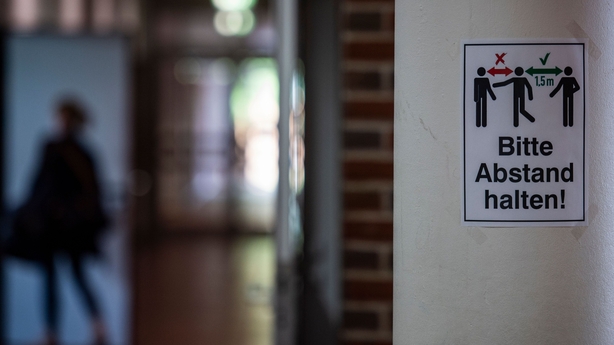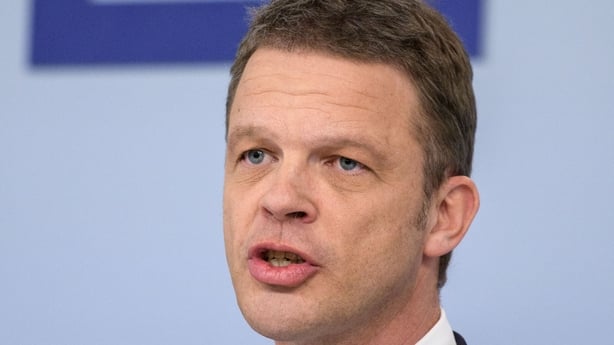German retail sales fell unexpectedly on the month in July, dashing hopes that household spending in Europe's largest economy will be powerful enough to drive a strong recovery in the third quarter from Covid shock.
Retail sales were down by 0.9% on the month in real terms after a revised drop of 1.9% in June, calendar adjusted data from the Federal Statistics Office showed.
This missed a Reuters forecast for a 0.5% increase, though retail sales are a volatile indicator often subject to revision.
The picture was a bit brighter when looking at the development over the past 12 months.
On the year, retail sales rose by 4.2% in real terms after an upwardly revised increase of 6.7% the previous month, the data showed.
Compared with February, the month before the outbreak of the pandemic, retail sales were 0.9% higher in real terms in July, the office said, suggesting that this sector of the economy managed to recover relatively quickly in a V-shaped development.
In the first seven months of the year, retailers increased their sales by 2.6% in real terms despite the crisis.
The data revealed huge gaps within the sector - sales in shops selling textiles, clothes, shoes and leather goods collapsed by more than a quarter in the January-July period whereas online retailers increased their sales by a fifth.
The German economy contracted by a record 9.7% in the second quarter as household spending, company investment and trade all collapsed at the height of the Covid-19 pandemic.

The government has since March unleashed an array of unprecedented rescue and stimulus measures, financed with record new borrowing of €217.8 billion, to help companies and consumers recover from the crisis.
The stimulus package includes a temporary cut in value-added tax from July 1 until December 31 to give domestic demand an additional push in the second half of the year.
The government this week revised upwards its 2020 forecast for the economy to shrink by 5.8% this year from a previous estimate of a contraction of 6.3%.
That would still represent the biggest economic slump since World War Two.
Meanwhile, the German economy's return to pre-pandemic levels will take longer than generally anticipated, the chief of Deutsche Bank warned today.
The grim outlook from one of Germany's top bankers comes as many countries in Europe and beyond see rising coronavirus infection rates and governments grapple with how to respond.

Deutsche Bank chief executive Christian Sewing forecast that the economy would not return to normal this year or next year, and that many sectors will be running at 70%-90% capacity, with "serious consequences".
"Many companies will have to adjust to this and manage to be profitable with longer-term lower revenues," Sewing said at a banking conference.

